Ideas for teaching tricky secondary maths concepts
Dr Colin Foster looks at specific areas of secondary maths that are often tricky to teach and shows how you can tackle them in your classroom

- by Teachwire
Inside your download
Expected values in situations that involve probability
When it comes to probability, students may find they come up with the right answer to the wrong question. Use these activities to help them realise their mistakes
Successive percentage increases and decreases
Understanding how successive percentage increases and decreases work can be tricky – try using these activities to help students comprehend what is happening
Applying inclusive definitions to shapes
Understanding how inclusive definitions apply to shapes is difficult. Here's how to use these technical names with confidence
Adding fractions
Students will often try to add fractions by separately adding the numerators and denominators – this lesson helps them to see why that can't be right
Understanding indices
Students often misapply the 'rules of indices'. This lesson aims to help pupils rely less on rules and more on understanding
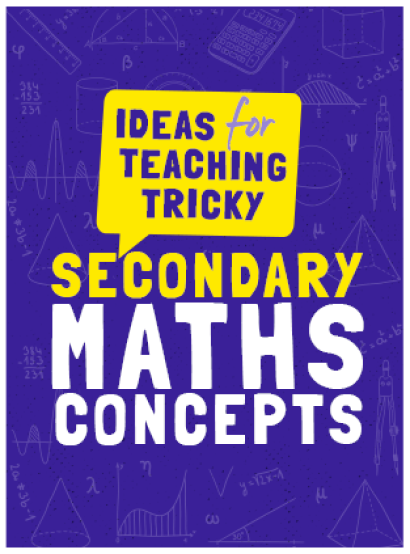
Related Articles

CPD Downloads
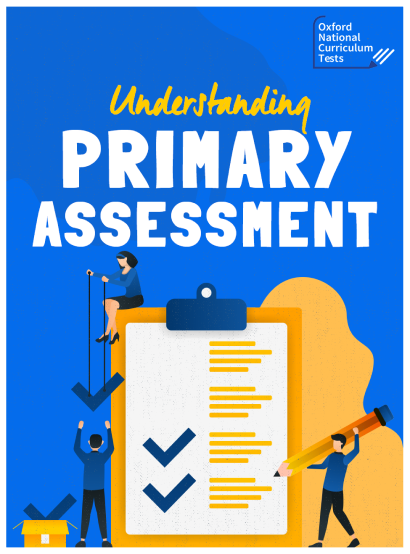
Make sure your assessment is effective with these expert insights
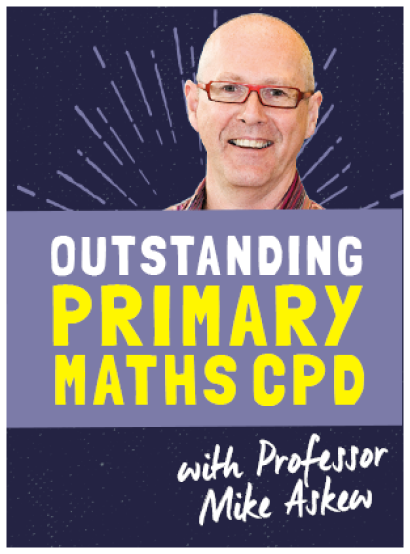
Professor Mike Askew provides advice around three areas of primary mathematics to help you become a better teacher
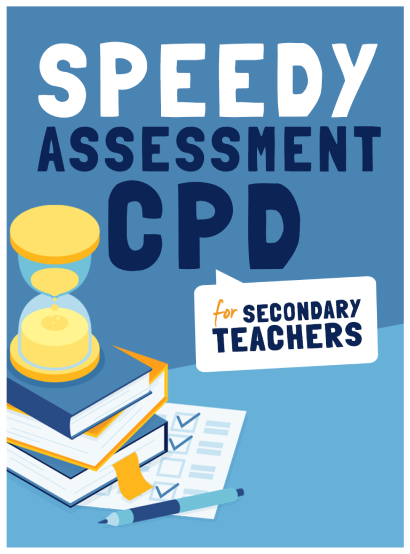
Education experts David Didau, Daisy Christodoulou and Emma McCrea are here to help you improve your assessment methods
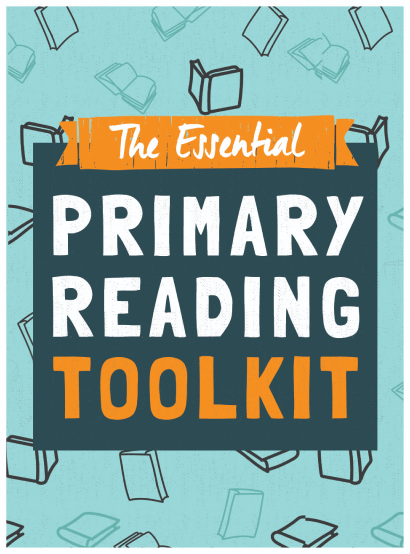
Discover creative lesson activities and innovative teaching practices in this CPD box set full of ideas for boosting reading ... more

This eight-part series will give you practical suggestions for helping autistic children – during Autism Acceptance Week an... more
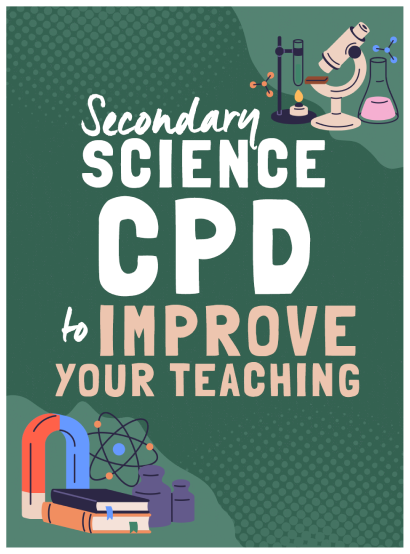
From engaging Year 7s in science to seeing secondary students through their GCSEs, our experts are here to guide you

